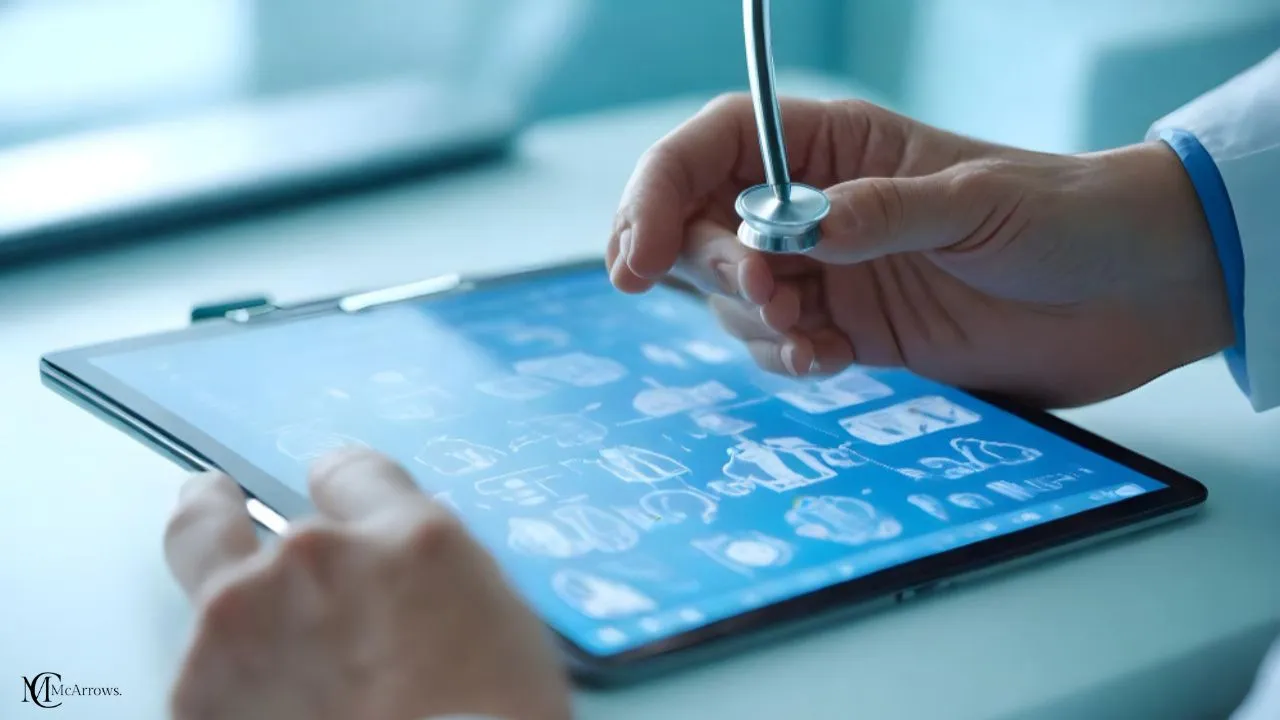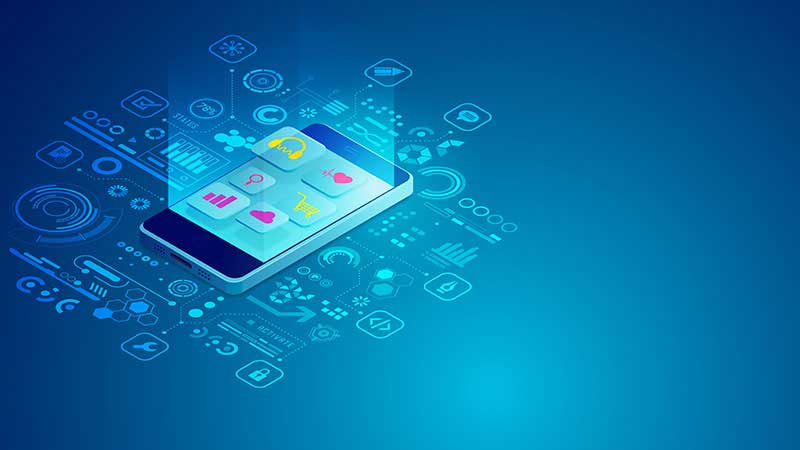Electronic Health Record (EHR) software has revolutionized the healthcare industry by offering a digital solution for managing patient records. For psychologists and psychiatrists, EHR software is more than just a digital repository; it’s a tool that enhances patient care, streamlines administrative tasks, and improves overall practice efficiency. This article delves into the top seven benefits of EHR software for mental health professionals, providing insights into how these tools can transform their practices.
Table of Contents
1. Improved Patient Care and Outcomes
EHR software allows psychologists and psychiatrists to access comprehensive patient records quickly, enabling them to make informed decisions about treatment plans. The ability to track a patient’s progress over time, view past medications, and integrate notes from multiple visits creates a holistic view of the patient’s mental health journey. This continuity of care is crucial in mental health, where understanding the patient’s history is vital for effective treatment.
Example: If a patient with depression has a history of medication changes, the EHR system can flag this information, helping the psychiatrist adjust the treatment plan more effectively.
2. Enhanced Communication and Collaboration
EHR systems facilitate better communication and collaboration among healthcare providers. Mental health professionals can easily share patient information with other specialists, such as primary care physicians or neurologists, ensuring that the patient receives comprehensive care. This integrated approach is particularly beneficial when dealing with complex cases that require input from multiple healthcare providers.
Example: A psychiatrist treating a patient with anxiety and a co-occurring heart condition can easily collaborate with the cardiologist to ensure that the treatment plan is safe and effective for the patient’s overall health.
3. Streamlined Administrative Processes
Psychologists and psychiatrists often face significant administrative burdens, from managing appointments to billing and insurance claims. EHR software automates many of these tasks, reducing the time spent on paperwork and allowing mental health professionals to focus more on patient care. Features like automated appointment reminders, billing integration, and e-prescriptions streamline the workflow, making the practice more efficient.
Example: With EHR software, a psychologist can automate follow-up reminders for patients, reducing no-shows and ensuring continuous patient engagement.
4. Secure and Compliant Record Keeping
EHR software ensures that patient records are stored securely and in compliance with regulations such as the Health Insurance Portability and Accountability Act (HIPAA). The software includes encryption, access controls, and audit trails to protect sensitive patient information from unauthorized access. This level of security is particularly important for mental health professionals who handle highly sensitive patient data.
Example: A psychiatrist can be confident that their patient’s therapy session notes and treatment plans are securely stored, accessible only to authorized personnel.
5. Data-Driven Insights and Reporting
EHR systems offer advanced reporting and analytics capabilities, allowing psychologists and psychiatrists to gain insights into their practice’s performance and patient outcomes. These insights can help identify trends, measure treatment effectiveness, and optimize practice operations. Data-driven decision-making becomes easier, enabling mental health professionals to continuously improve their services.
Example: A psychologist can generate reports on treatment outcomes for patients with generalized anxiety disorder, helping to refine therapy approaches and improve success rates.
6. Remote Access and Telehealth Integration
With the growing demand for telehealth services, EHR software has adapted to include telehealth integration, allowing mental health professionals to conduct sessions remotely while maintaining access to patient records. This flexibility is especially beneficial in today’s healthcare landscape, where remote care is becoming increasingly common.
Example: A psychiatrist can conduct a telepsychiatry session with a patient in a different city while accessing the patient’s full medical history through the EHR system.
7. Personalized Treatment Plans
EHR software can assist in creating and managing personalized treatment plans tailored to each patient’s unique needs. By analyzing patient data, including past treatments and outcomes, mental health professionals can develop more effective, individualized care plans. This level of personalization enhances patient engagement and satisfaction, leading to better treatment adherence and outcomes.
Example: A psychologist can use EHR software to track a patient’s response to cognitive-behavioral therapy (CBT) and adjust the treatment plan based on the patient’s progress, ensuring that the therapy remains effective.
FAQs
1. What is EHR software?
EHR software is a digital tool that stores and manages patient records, enabling healthcare providers to access and update patient information electronically. It includes features like secure data storage, appointment scheduling, billing, and telehealth integration.
2. How does EHR software benefit psychologists and psychiatrists?
EHR software benefits mental health professionals by improving patient care, enhancing communication with other healthcare providers, streamlining administrative tasks, ensuring secure record-keeping, providing data-driven insights, offering remote access, and enabling personalized treatment plans.
3. Is EHR software secure for storing sensitive mental health records?
Yes, EHR software is designed with robust security measures such as encryption, access controls, and audit trails to ensure that sensitive patient information is protected and compliant with regulations like HIPAA.
4. Can EHR software be integrated with telehealth services?
Most modern EHR systems offer telehealth integration, allowing psychologists and psychiatrists to conduct remote sessions while accessing and updating patient records in real-time.
5. How does EHR software help in creating personalized treatment plans?
EHR software analyzes patient data, including past treatments and outcomes, enabling mental health professionals to develop and manage individualized care plans that are more effective and tailored to each patient’s needs.

CEO, McArrows
Leverages over seven years in tech to propel the company forward. An alumnus of Purdue and Amity, his expertise spans IT, healthcare, aviation, and more. Skilled in leading iOS and backend development teams, he drives McArrows’ technological advancements across diverse industries.








